Nuclear War at the Royal Court Theatre
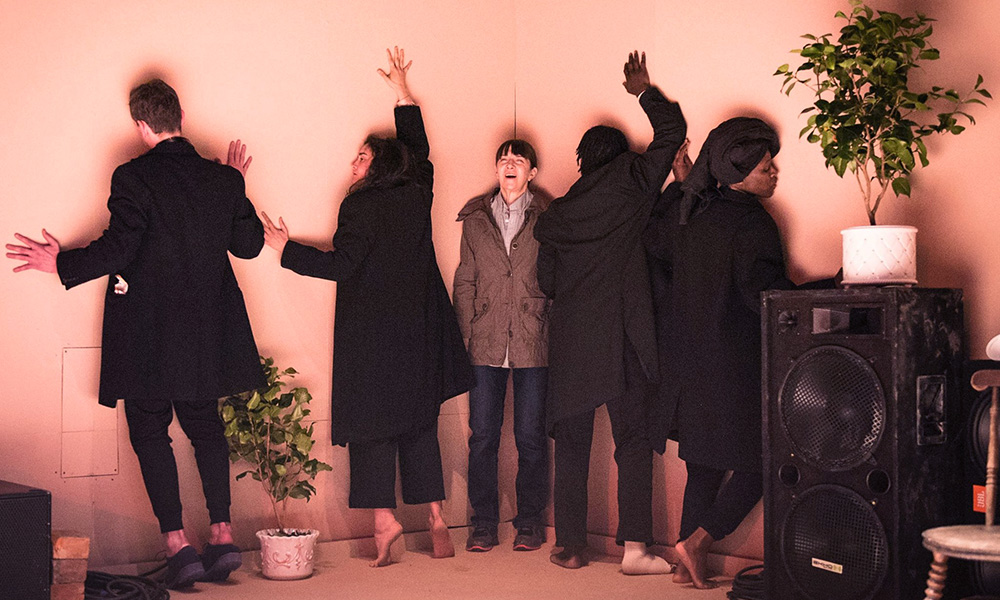
The introduction to the text of Nuclear War reads like a gentle manifesto. It is Simon Stephens urging the demystification of the playwright, where words on a page are stripped of the ossifying reverence that can lead to productions fruitlessly striving to stage the play as the playwright “imagined it”.
To illustrate his point Stephens starts his script with the instruction that “all of these words may be spoken by the performers but none of them need to be”. In doing this Nuclear War is placed in the hands of choreographer and movement director Imogen Knight and the five-strong cast. What Stephens is doing isn’t exactly new, even for the playwright himself; yet there is still a freshness in this kind of creative “blurring”, especially at the writer-defined Royal Court.
Though its brief 45-minute running time, and the poetic slipperiness of its fragments, can frustrate, the force of Nuclear War’s lyricism carries it through. The clearest thread deals with a (seemingly spousal) loss, an absence that has become charged with sexual longing in the seven years since the mourning period began. Grief is rendered in the abstract. Bricks take on the weight of painfully tender memories. Dancers stalk and snarl like the black dogs of depression before morphing into fruit-smearing idols of threatening desire. Music thumps loud enough to drown out the voices in your head and change the rhythm of your heart.
The unnamed woman (Maureen Beattie) at the centre of all this appears to traverse a city recognisable in its alienating coldness and its throbbing, lurid sexuality. It recalls Leo Butler’s underappreciated Boy, which saw a similarly lonely protagonist wandering the streets both as a means of escape and as a quest for something, anything.
At times the space, be it the woman’s interior or exterior, feels dangerous, these scenes of aggression and harshness helping cut through some of the production’s more oblique sections. If anything, Nuclear War could do with more of these instances, as Knight’s choreography is at its most thrilling when it feels as if the performers are not only impinging on the woman’s space but the audience’s as well.
What is exciting about Nuclear War is that any description feels so insufficient. It is an experience to be absorbed rather than explained, an imperfect theoretical experiment that succeeds thanks to its emotional richness.
Connor Campbell
Nuclear War is at the Royal Court Theatre from 21st April until 6th May 2017, for further information or to book visit here.

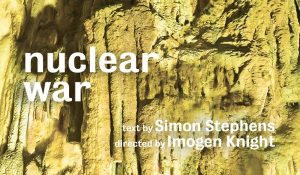
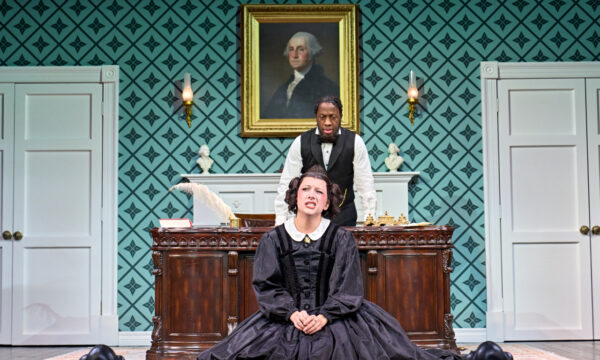
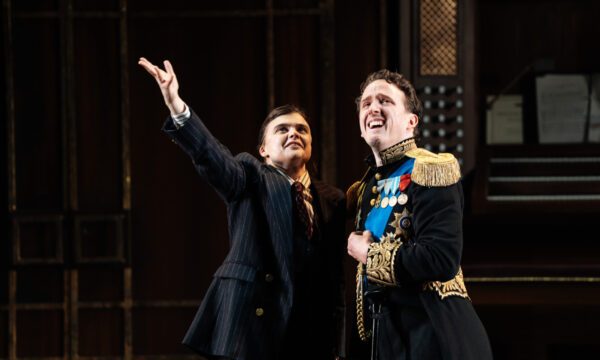

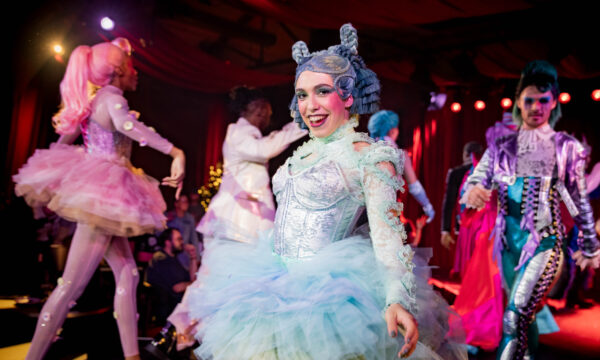


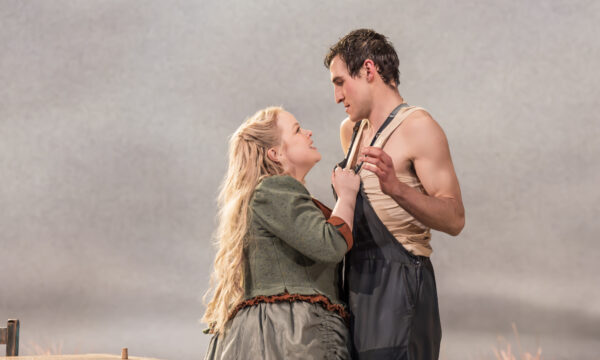

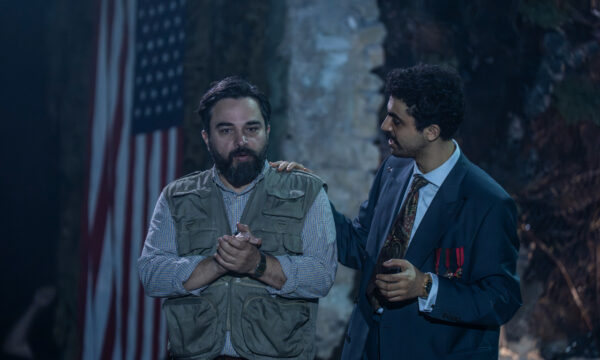


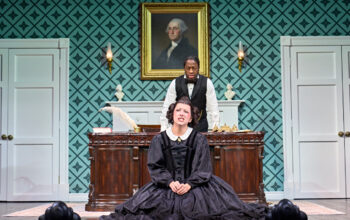
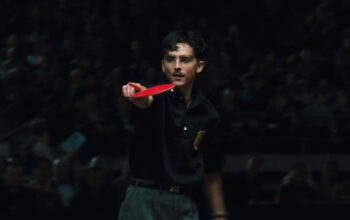




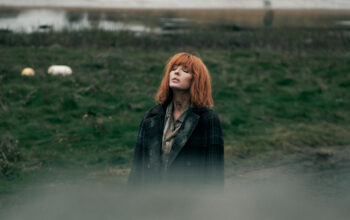




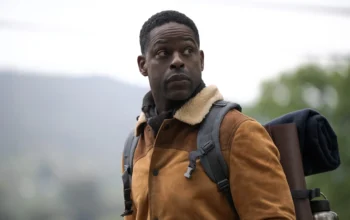

Facebook
Twitter
Instagram
YouTube
RSS